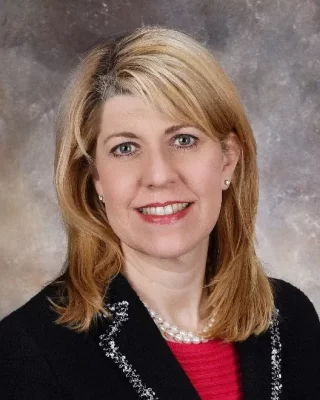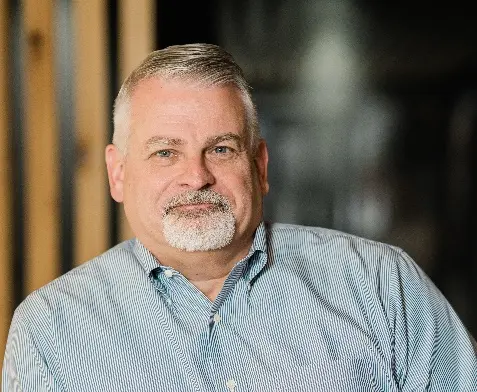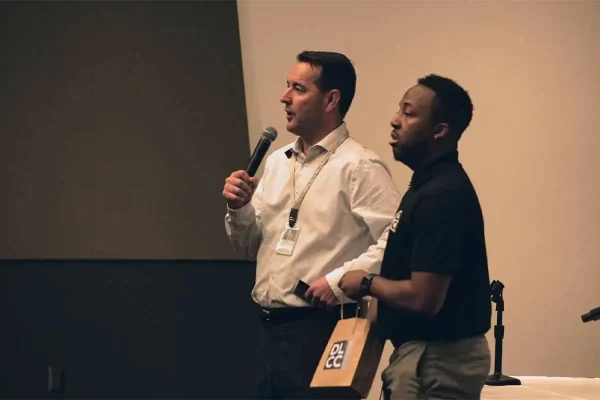
Randal Bailey, executive vice president at Stronco Group of Companies, has worked in the tradeshow industry for more than 40 years.
At 59, he’s approaching that standard retirement age, but he has no plans to slow down. He loves his work too much.
“They say 65 is sort of the measuring stick, but that’s not the case anymore,” Bailey said. “There’s no end in sight. I have a great passion for what I do and I don’t see myself retiring anytime soon.”
One might expect such dedication from an industry leader like Bailey. He got his start in the convention and tradeshow business when he was only 17, learning from a mentor how to decorate “from a window dresser’s point of view,” he said. “He’d bring me in to help him decorate 400 or 500 tables at a show.”
There were only four people in Toronto doing that at the time, so Bailey and his mentor received a lot of calls from general service contractors who needed their draping and décor done.
“There wasn’t anyone training to do this in those days,” Bailey said.
He recognized a niche and, by the age of 20, had developed a reputation as a young worker who would get the job done. Bailey didn’t even have time for college the work was so steady.
“I went to the school of hard knocks,” said Bailey, who has been with Stronco for 18 years. “It was very hard for me to choose college over the kind of money I was making at 20. I decided to just continue on with what I was doing.”
It wasn’t long before general service contractors were offering him full-time supervisory positions, and he took one with Panex Show Services, now called GES Canada. After a few years, Bailey moved to Design Craft, now Freeman, and managed the Skydome division.
Throughout his career, Bailey has witnessed major changes in the industry, from the advent of computer technology to the proliferation of convention centers. There were about 50 major convention centers in North America when he got into the business. Now, it seems like there’s one in every town.
During the 1990s, the industry experienced a growth spurt but in the past few years, that’s reversed itself somewhat, Bailey said. Services and technology are still strong but the economy has made things tighter and more competitive.
In an effort to address that, people are reinventing ideas and offering to help others out during this struggle, Bailey said.
“If you’re a supplier, people turn to you, ask ‘what can you do financially to help me out?’ ” he added. “Show manager, the facility, everyone’s looking for a break. But we’re in the same boat, everyone’s trying to tighten the reins.”
That’s the good that’s come out of a bad economy – people helping each other. Everyone knows it will take time to build the shows back up in size and get their projected revenue back. Customer service will play a large role in whatever they do, he added.
“That’s probably where I see us concentrating over the next few years,” Bailey said. “Where can we do better? We have to look after every single customer. It’s a lot easier to retain a customer than to go find a new one.”































